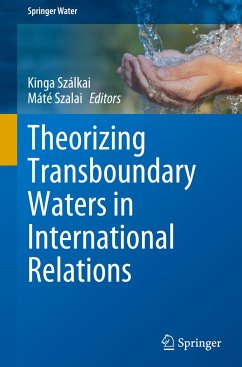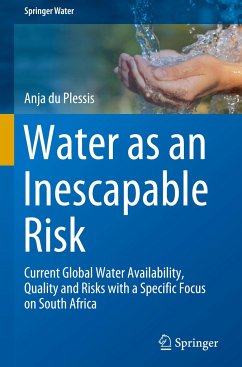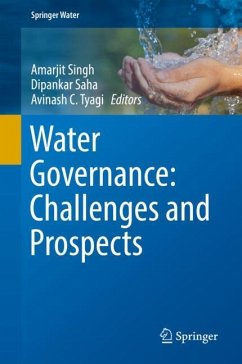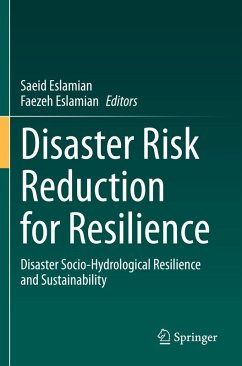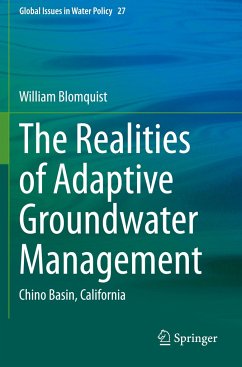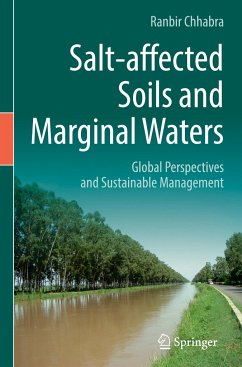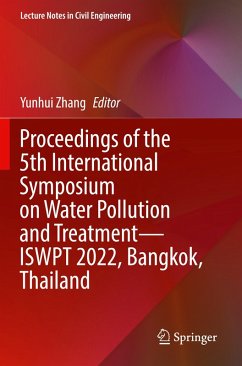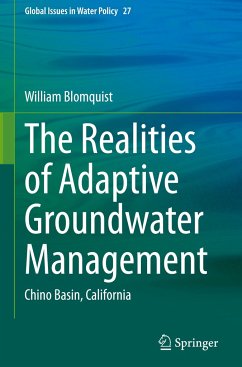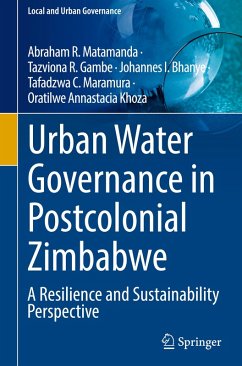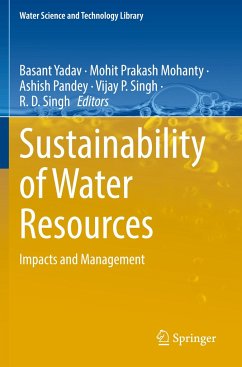
Theorizing Transboundary Waters in International Relations
Versandkostenfrei!
Versandfertig in 6-10 Tagen
91,99 €
inkl. MwSt.

PAYBACK Punkte
46 °P sammeln!
This book is the first collection of state-of-the-art research projects analyzing water conflict and cooperation with an explicitly theoretical point of view. Its fourteen chapters offer a comprehensive and up-to-date overview on how the application of various theoretical perspectives can support the work of scholars and practitioners in mitigating water conflict and developing cooperation.The volume starts out from a literature review on the theorization of transboundary waters in International Relations, which prepares the ground for the demonstration of the latest approaches of scholars cur...
This book is the first collection of state-of-the-art research projects analyzing water conflict and cooperation with an explicitly theoretical point of view. Its fourteen chapters offer a comprehensive and up-to-date overview on how the application of various theoretical perspectives can support the work of scholars and practitioners in mitigating water conflict and developing cooperation.
The volume starts out from a literature review on the theorization of transboundary waters in International Relations, which prepares the ground for the demonstration of the latest approaches of scholars currently working on this field. The discussion of their findings is divided into four main sections. The first section deals with reflections and critiques on the grand theories of International Relations, proposing new and more nuanced frameworks for understanding and managing transboundary water relations by going beyond the traditional assumptions. The second section focuses on the catalysts and barriers of cooperation, applying theoretical frameworks which reveal the consequences of the dynamics in power relations and institutional frameworks. The third section investigates into the perspectives at the intersections of theory and practice related to the most practical field within the scope of the volume: water diplomacy. The fourth section introduces new perspectives to provide specific entry points for understanding and managing water conflict and cooperation.
Overall, the work intends to demonstrate that the theorization of transboundary waters can significantly contribute to the deeper understanding and the more efficient management of water conflicts and cooperation from several aspects.
The authors come from diverse backgrounds, and their individual careers are often related to the intersections of theory and practice in the field of transboundary water management. Their expertise covers water issues from all around the globe, which is reflected in the range of the analyzed case studies. The diversity of the experts involved, their backgrounds, their perspectives, the applied theories, and the analyzed cases was an important priority for the editors.
The volume starts out from a literature review on the theorization of transboundary waters in International Relations, which prepares the ground for the demonstration of the latest approaches of scholars currently working on this field. The discussion of their findings is divided into four main sections. The first section deals with reflections and critiques on the grand theories of International Relations, proposing new and more nuanced frameworks for understanding and managing transboundary water relations by going beyond the traditional assumptions. The second section focuses on the catalysts and barriers of cooperation, applying theoretical frameworks which reveal the consequences of the dynamics in power relations and institutional frameworks. The third section investigates into the perspectives at the intersections of theory and practice related to the most practical field within the scope of the volume: water diplomacy. The fourth section introduces new perspectives to provide specific entry points for understanding and managing water conflict and cooperation.
Overall, the work intends to demonstrate that the theorization of transboundary waters can significantly contribute to the deeper understanding and the more efficient management of water conflicts and cooperation from several aspects.
The authors come from diverse backgrounds, and their individual careers are often related to the intersections of theory and practice in the field of transboundary water management. Their expertise covers water issues from all around the globe, which is reflected in the range of the analyzed case studies. The diversity of the experts involved, their backgrounds, their perspectives, the applied theories, and the analyzed cases was an important priority for the editors.



